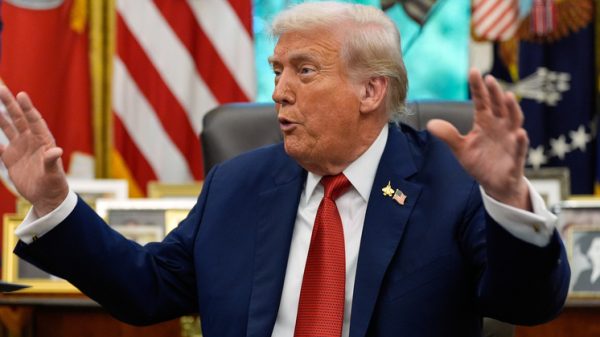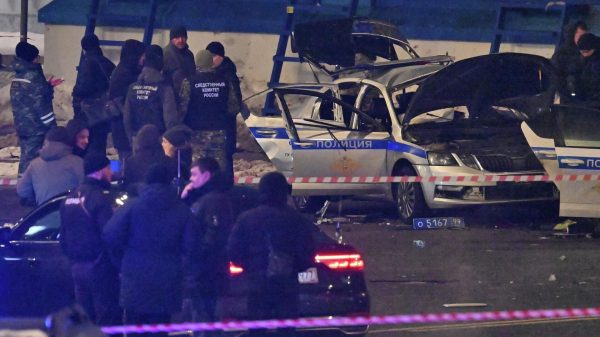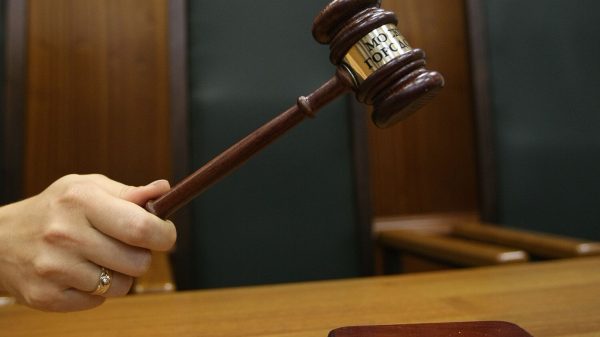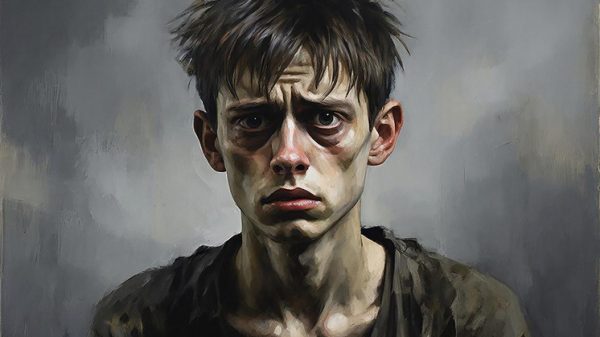Communities across Africa are reeling as a second wave of Covid infections recedes, leaving thousands dead amid fears of further surges before mass vaccination campaigns can begin to make a difference.
Few countries in Africa will start immunising even frontline health workers until much later this year, prompting accusations that massive orders by wealthy nations are costing the lives of medical staff in poorer parts of the world.
“We haven’t started because we didn’t have the vaccines … some countries placed very important premarket commitments that made it difficult for vaccines to be available in Africa,” said Dr John Nkengasong, director of African Centers for Disease Control and Prevention (CDC), on Thursday.
Campaign groups are calling for Covid-19 vaccines to be prioritised for frontline health workers and people at highest risk of severe illness and death from Covid-19 everywhere in the world.
“It would be indefensible if some countries started to vaccinate their lower-risk citizens while many countries in Africa are still waiting to vaccinate their very first frontline health workers,” said Christine Jamet, director of operations for the medical organisation Médecins Sans Frontières. “This is a global pandemic that requires a global spirit of solidarity if we truly hope to bring it under control.”
There is growing evidence that the 3.6m cases and 93,000 deaths from Covid-19 in Africa counted by the CDC may be a significant underestimate, deepening concerns that tens of thousands could die in coming months if enough vaccines are not made available.
The most recent spike in infections began in December, fuelled by more contagious variants of the Covid-19 virus, including one that emerged in South Africa, increased movement and “prevention fatigue”, officials said.
Dr Matshidiso Moeti, the World Health Organization regional director for Africa, told reporters last week that the continent was “at a crossroads”.
Health systems across the continent have been overwhelmed since December as the second wave pushed daily recorded infections above 30,000. Oxygen has been in short supply, workers exhausted, and crematoria unable to meet demand. There have been acute shortages of beds in even relatively wealthy countries and high-profile casualties.
Only six countries in Africa have now received relatively small quantities of vaccine, although 41 countries were hit by the second wave.
South Africa, which accounts for more than half the cases and deaths in sub-Saharan Africa, will start to vaccinate health workers later this month with 1m Oxford/AstraZeneca vaccines recently received from Indian production lines. The health minister, Zweli Mkhize, has said he aims to “get to herd immunity by the end of the year”.
Even before the second wave, Covid killed more than 300 health workers in South Africa’s stretched public health care system, with more than a third of deaths in the badly hit province of KwaZulu-Natal.
“It’s a huge tragedy. It’s a very long list and we already have such a shortage of skilled people that we cannot afford to lose anyone,” said Angelique Coetzee, chair of the South African Medical Association.
In Sudan, 41 doctors died from Covid-19 between March and January, medical associations said. The country has less than six doctors for every 10,000 people, half the minimum level recommended by the WHO.
High numbers of casualties among health workers have also been reported in Zimbabwe, Mozambique and Kenya, where 30 doctors had died by November. They included Stephen Mogusu, who was employed on a temporary contract and was never paid for the five months he worked in a Covid-19 ward at a public hospital in the town of Machakos. He left a wife and a five-month-old daughter.
Nigeria was spared the worst in its first Covid-19 wave that began in February last year. But more than half of Nigeria’s 131,242 confirmed cases have been logged in the past three months. Fatalities now total 1,586.
Enema Amodu, the chairman of the Nigeria Medical Association, said at least 20 doctors died there in a single week in December after getting coronavirus.
In Malawi, new cases increased exponentially in January, doubling every four to five days, and nine frontline health workers have died after testing positive for Covid-19.
“The priority now is protecting frontline health workers,” said Marion Péchayre, MSF’s head of mission in Lilongwe. “If Malawi had 40,000 doses of vaccine, we could at least start by vaccinating health staff in the country’s main hotspots. Without this, the situation will soon be untenable.”
Though African Union has announced it had secured 670m doses for its 54 member countries, only 50m are likely to be available before June and the winter in the southern parts of the continent.
The Covax programme, a global initiative backed by the WHO which aims to cover about 20% of the populations of developing nations, said on Wednesday it aimed to distribute up 600m doses in the first half of 2021, with countries receiving amounts in proportion to their population size.
It is estimated Africa will need 1.5bn vaccine doses to immunise 60% of its 1.3bn inhabitants, costing between $7bn and $10bn. The CDC said this will take two years, depending on the efficacy of the doctrine and the speed of roll-out.
Nkengasong said that although the vaccine situation was improving, the case fatality rate in Africa was now 2.6%, above the global average of 2.2% and “very troubling”.
He said: “To win the war against this disease we need to vaccinate quick.”
South Africa’s president, Cyril Ramaphosa, criticised “vaccine nationalism” last week and accused rich countries of bulk-buying coronavirus vaccines and hoarding them to the detriment of others.
“We need those who have hoarded the vaccines to release them … we are not all safe if some countries are vaccinating and others are not,” said Ramaphosa, who currently chairs the AU.
Campaigners are calling for a waiver of patents on vaccines to allow greater and more rapid supply. Experts say this would be particularly important for Africa if massive and continuing campaigns of vaccination are necessary to boost immunity.
Tanzania has rejected vaccinations altogether, raising fears that the east African country could act as a reservoir for the disease and threaten progress elsewhere.
President John Magufuli said last week that Tanzania had “lived for over one year without the virus because our God is able and Satan will always fail” and insisted the pandemic can be fought with herbal remedies.
The World Health Organization’s Africa chief last week urged Tanzania to share its data on infections, while Nkengasong said “to get this [disease] out of our continent … we need to rally around unity.”
In South Africa, the country with the most reliable statistics, excess mortality figures suggest the true death toll from the disease may be as much as three times the official total of 44,000. The most recent statistics show more than 50,000 excess deaths in the four weeks from 27 December.
One study by the LSE found that an estimated 2% of Covid-19 deaths have been reported in Khartoum, Sudan, with about 16,090 deaths possibly missed in the period before 20 November last year.
Another study in Zambia found about one in six bodies brought to the capital Lusaka’s main mortuary last summer tested positive for the coronavirus, only a fraction had been recorded as deaths due to the disease.





















































Свежие комментарии